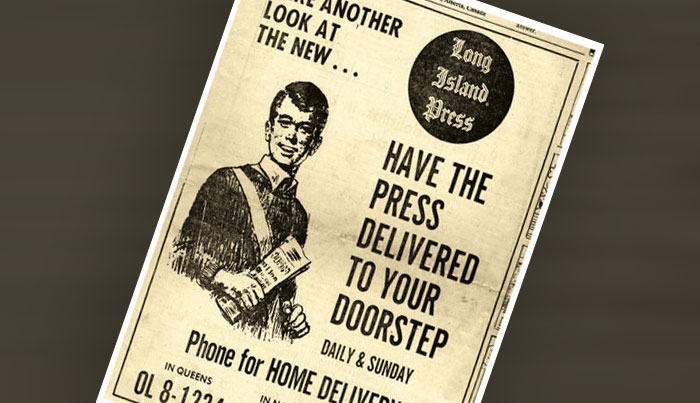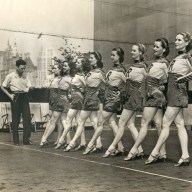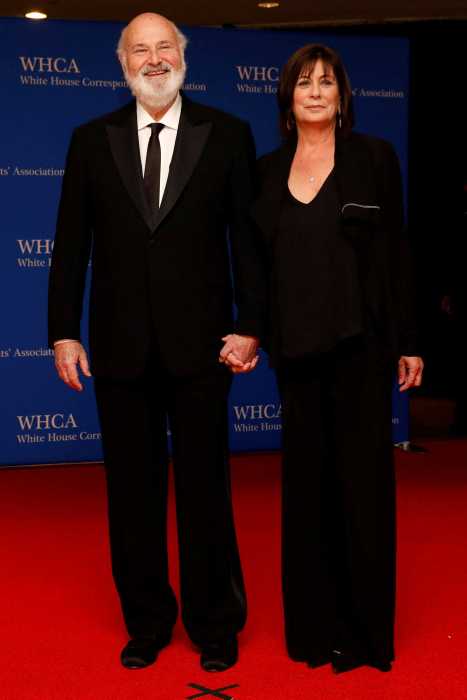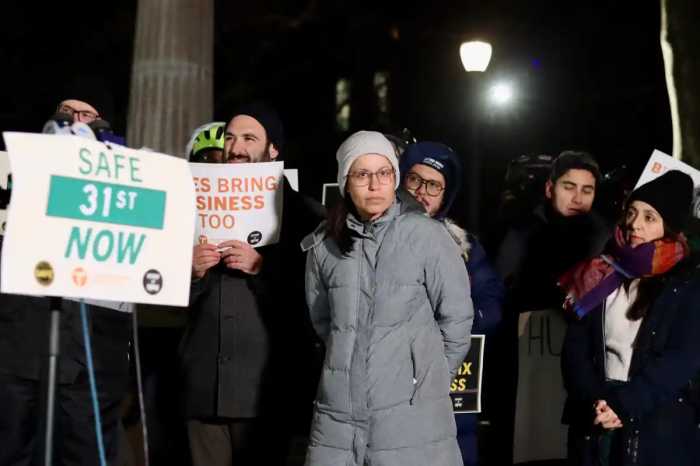It’s a thrill writing a column for the Long Island Press again after all these years. For it was at the original Long Island Press where I started writing a column decades ago.
I was hired as a reporter for the Long Island Press in 1964. I was given a column in 1969. Because the paper ceased publication in 1977, there are very few of us from the original Press still practicing journalism after 43 years.
With the original Press going out, I took an alternative career highway: becoming a professor of journalism at SUNY/Old Westbury, continuing to do investigative reporting but on TV, radio, in books, magazines, and newspapers, too, and in recent years on the Internet.
The Press was an easy place to work. It was a friendly place. But also a quirky place.
For example, after being hired I was told I would not exactly be working for the Press but for ABC News Service. I was instructed to leave the Press building in Jamaica, walk a block to Jamaica Avenue, and there would be a kosher butcher and above it ABC News Service.
Up a flight of stairs from the butcher was what looked like a stage set for a show about journalism in the 1920s. There were booths with antique phones and not a reporter at those booths now.
But there was a most affable fellow, Barney Confessore, who put me on the payroll of ABC News Service—through which I would work for the Press.
What was involved was a scheme through which the Newhouse family, which owned the paper, were able to avoid putting people on its unionized payroll.
There were some Press reporters, such as all those who covered Queens, on it. This was because of the clout of the Newsday Guild of New York City. But reporters who worked in Nassau and Suffolk Counties were on the ABC payroll. I was told as the years went by that the Newhouse family commonly did this.
After I received journalism awards and it became problematic for The Press to publish a story about me as of ABC News Service receiving an honor, I was shifted to the Press payroll and said to be the only reporter in Nassau or Suffolk on it.
I quickly learned at the Press about the influence powerful people have over some media. Robert Caro in his book The Power Broker on Robert Moses told of how Moses had New York City newspapers in his pocket. Before the Press I spent two years at the Babylon Town Leader challenging the four-lane highway Moses pushed to build on Fire Island.
On my first day at the Press as a cops-and-courts reporter, I was called by an editor who said I should understand I was never to write a story about Moses or a commission or authority he headed. I asked what should I do if there was a fatal auto accident on Southern State Parkway.
“Give it to another reporter,” I was told.



































